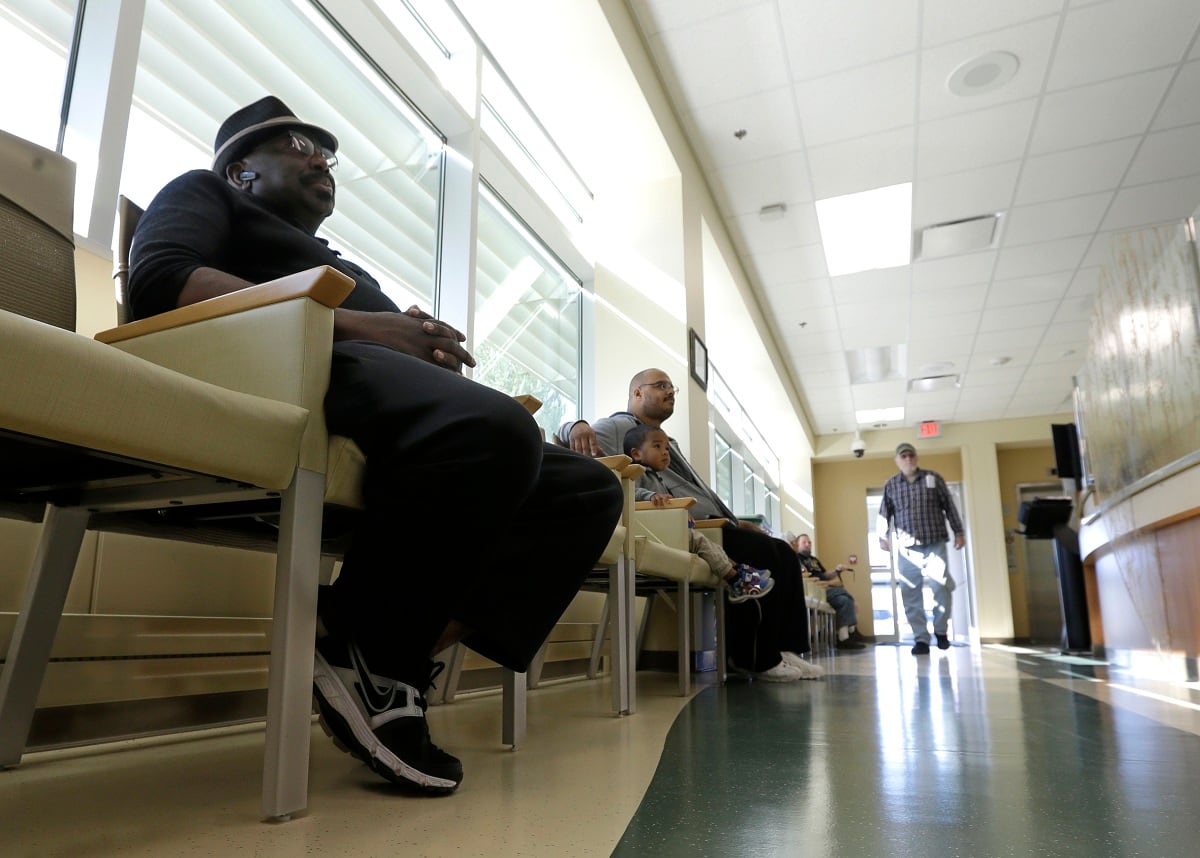WASHINGTON — Veterans remain more likely to report feeling in great medical condition even while they face an increased risk of serious health problems like cancer, arthritis and emotional distress, according to updated survey results from veterans advocates out Tuesday.
The report, from United Health Foundation and the Military Officers Association of America, has tracked health issues among former military members since 2011, with the goal of highlighting that the “health care needs of people with military service differ in several important ways from civilians.”
The results come from more than 1 million responses from veterans and civilians who never served. In 2016, the most recent results, more than 56 percent of veterans reported their health is good or excellent, above the 51 percent of civilian peers who said the same.
But as has been the case in past surveys, that optimism overlooks a host of unhealthy behaviors and significant health threats facing individuals who spent time in uniform.
RELATED

Veterans are more likely to contract arthritis (25 percent compared with 23 percent for civilians), cardiovascular disease (10 percent vs. 7 percent), cancers (11 percent vs. 10 percent) and illnesses that leave them functionally impaired (26 percent vs. 21 percent), according to the study.
“Both men and women with military service report significantly higher rates of anxiety, depression, and frequent mental distress than men and women who have not served,” the report states.
“Despite significantly higher rates of coverage and access to care to many preventive services, those who have served are less likely to have a dedicated health care provider than those who have not served.”
Researchers did find positive news in the latest health survey update.
Rates of both smoking and drinking were down significantly in the latest findings. And more veterans saw an expansion of mental health care options in recent years, giving them more access to help when needed.
However, the drinking and smoking rates still outpace those of their civilian peers. Smokeless tobacco use among veterans is more than twice that of individuals who never served. And the report states that insufficient sleep remains “an ongoing concern” for veterans.
The report emphasizes that the health of veterans is a national priority, Tracy Malone, president of the United Health Foundation, said in a statement, adding that she is hopeful officials will “use the insights from this report to identify opportunities for collaboration to improve the health of military members, veterans and their families across the country.”
The full report is available online.
Leo covers Congress, Veterans Affairs and the White House for Military Times. He has covered Washington, D.C. since 2004, focusing on military personnel and veterans policies. His work has earned numerous honors, including a 2009 Polk award, a 2010 National Headliner Award, the IAVA Leadership in Journalism award and the VFW News Media award.





